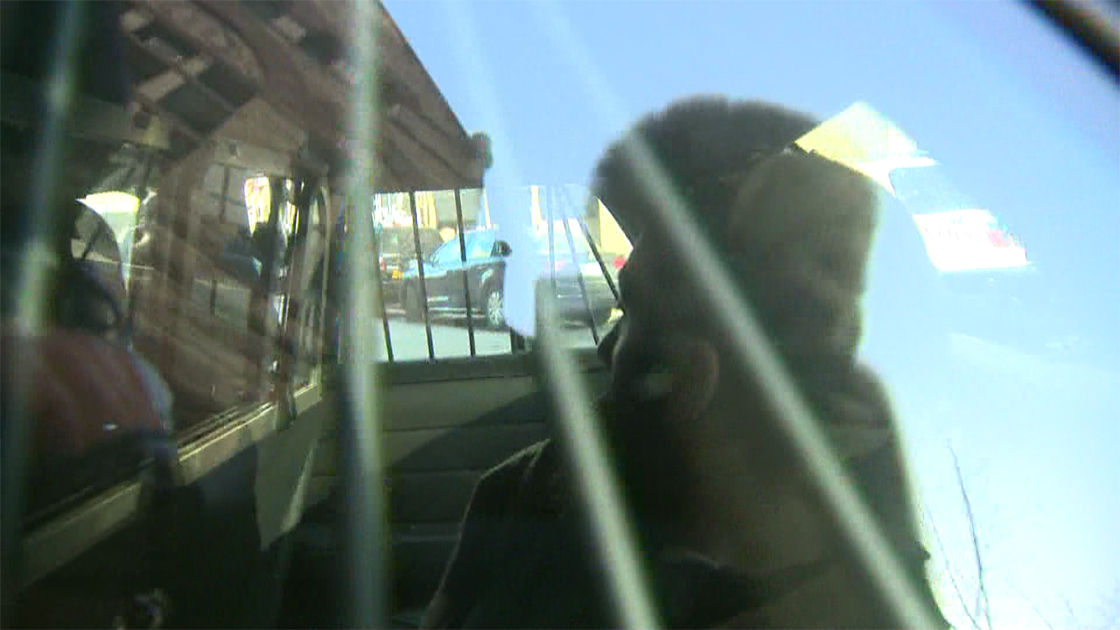When a Toronto imam approached authorities more than a year ago with concerns about Raed Jaser – arrested this week on allegations of terrorist conspiracy and plotting to attack a train – he went through a lawyer whose firm has become an unofficial bridge between Canadian law enforcement and the Muslim community.

Over the past decade, Naseer Syed says, he’s acted as go-between for hundreds of people – sometimes at the behest of community members who want to get in touch with police or intelligence officers, sometimes the other way around.
‘This wasn’t a one-off’
When they announced terror charges against Jaser, 35, and 30-year-old Montreal resident Chiheb Esseghaier, investigators took pains to note the arrests wouldn’t have happened had community members not come forward. Muslim leaders were also invited to a briefing before Monday’s press conference.
“This wasn’t a one-off. … These types of interactions between members of the Muslim community and authorities have been fairly common but haven’t been well publicized,” Syed said.
But many people don’t feel comfortable cold-calling CSIS on their own, or confiding in cops who come to the door asking questions. An intermediary helps.
“When some incident happens, authorities fan out and they want to question dozens of people. So, you know, a number of those people will contact us. And we’ll set up the interviews.”
When Umar Farouk Abdulmutallab tried to detonate a bomb in his underwear on a plane on Christmas, 2009, the FBI wanted to interview everyone who’d come in contact with him – on both sides of the border. “We ended up doing a dozen or more,” Syed said. “You lose track.”
‘I’m constantly asking, ‘Who’s in charge now?’
Syed figures he’s outlasted three generations of CSIS officers, who get rotated every few years. He and his clients often have to reintroduce themselves, establish ties with new contacts.
“So I’m constantly asking, ‘Who is in charge now?'”
The firm’s pro-bono work connecting concerned citizens with law enforcement evolved naturally in the years after 9/11, Syed says: There was increased scrutiny on Muslim communities, but there were also many who wanted to get in touch with police but weren’t sure how.
It’s a growing area for a firm ostensibly focused on corporate law, Syed said. “So it adds a bit of spice to my practice.”
‘We never anticipated this level of interest’
Now, he’s being deluged with phone calls from people wanting to know what suspicions instigated the investigation into what Canadian investigators call an unprecedented, al-Qaeda-supported plan.
But when he approached authorities on his client’s behalf last year, Syed says, there was no talk of train plots – just a zealous person’s recruitment of impressionable youth.
“The activities of … Mr. Jaser gave him cause for alarm, especially Mr. Jaser’s attempts to approach young Muslims,” Syed said.
“It’s one thing for people to be doing something on their own. But once they approach others, it can give rise to a different type of concern.”
Syed wouldn’t elaborate on his client’s involvement in the investigation over the past several months. The imam has asked to stay anonymous, his lawyer says, for “his own private reasons.”
“We never anticipated this level of interest,” Syed said. “That’s not what any of us were seeking to do.”


Comments